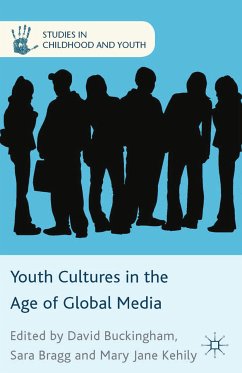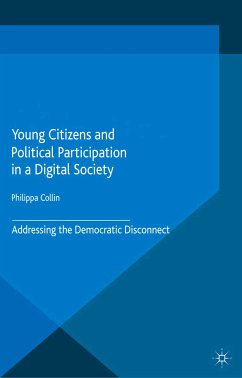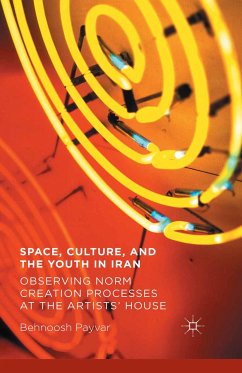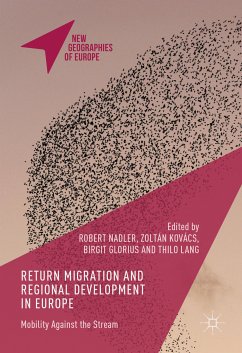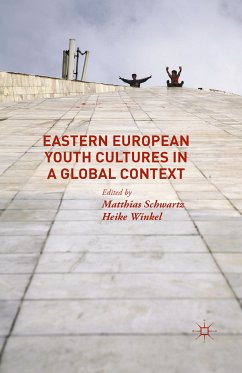
Eastern European Youth Cultures in a Global Context (eBook, PDF)

PAYBACK Punkte
20 °P sammeln!
The demise of state Socialisms caused radical social, cultural and economic changes in Eastern Europe. Since then, young people have been confronted with fundamental disruptions and transformations to their daily environment, while an unsettling, globalized world substantially reshapes local belongings and conventional values. In times of multiple instabilities and uncertainties, this volume argues, young people prefer to try to adjust to given circumstances than to adopt the behaviour of potential rebellious, adolescent role models, dissident counter-cultures or artistic breakings of taboo.Ea...
The demise of state Socialisms caused radical social, cultural and economic changes in Eastern Europe. Since then, young people have been confronted with fundamental disruptions and transformations to their daily environment, while an unsettling, globalized world substantially reshapes local belongings and conventional values. In times of multiple instabilities and uncertainties, this volume argues, young people prefer to try to adjust to given circumstances than to adopt the behaviour of potential rebellious, adolescent role models, dissident counter-cultures or artistic breakings of taboo.
Eastern European Youth Cultures in a Global Context takes this situation as a starting point for an examination of generational change, cultural belongings, political activism and everyday practices of young people in different Eastern European countries from an interdisciplinary perspective. It argues that the conditions of global change not only call for a differentiated evaluation ofyouth cultures, but also for a revision of our understanding of 'youth' itself - in Eastern Europe and beyond.
Eastern European Youth Cultures in a Global Context takes this situation as a starting point for an examination of generational change, cultural belongings, political activism and everyday practices of young people in different Eastern European countries from an interdisciplinary perspective. It argues that the conditions of global change not only call for a differentiated evaluation ofyouth cultures, but also for a revision of our understanding of 'youth' itself - in Eastern Europe and beyond.
Dieser Download kann aus rechtlichen Gründen nur mit Rechnungsadresse in A, B, BG, CY, CZ, D, DK, EW, E, FIN, F, GR, HR, H, IRL, I, LT, L, LR, M, NL, PL, P, R, S, SLO, SK ausgeliefert werden.



